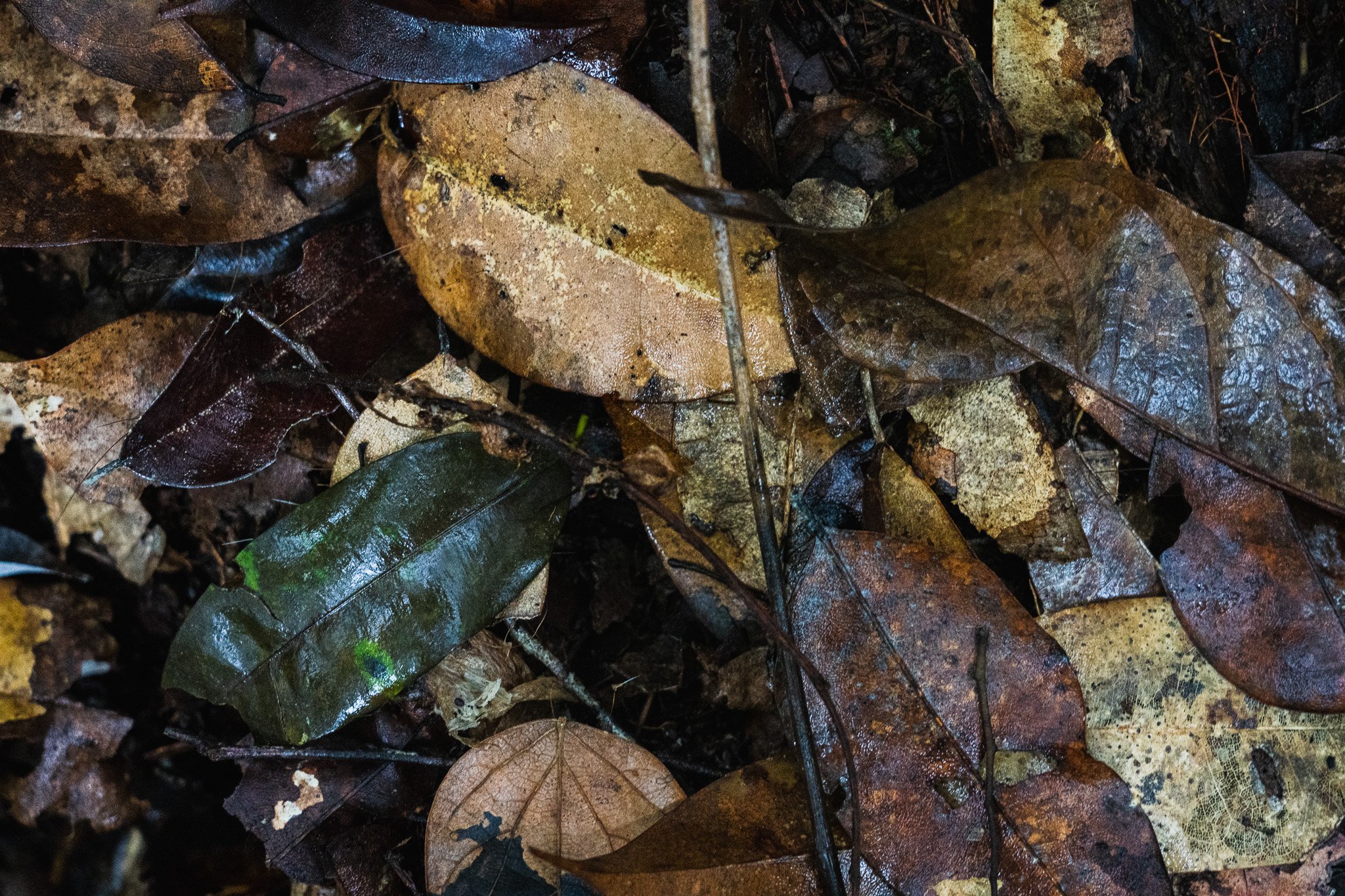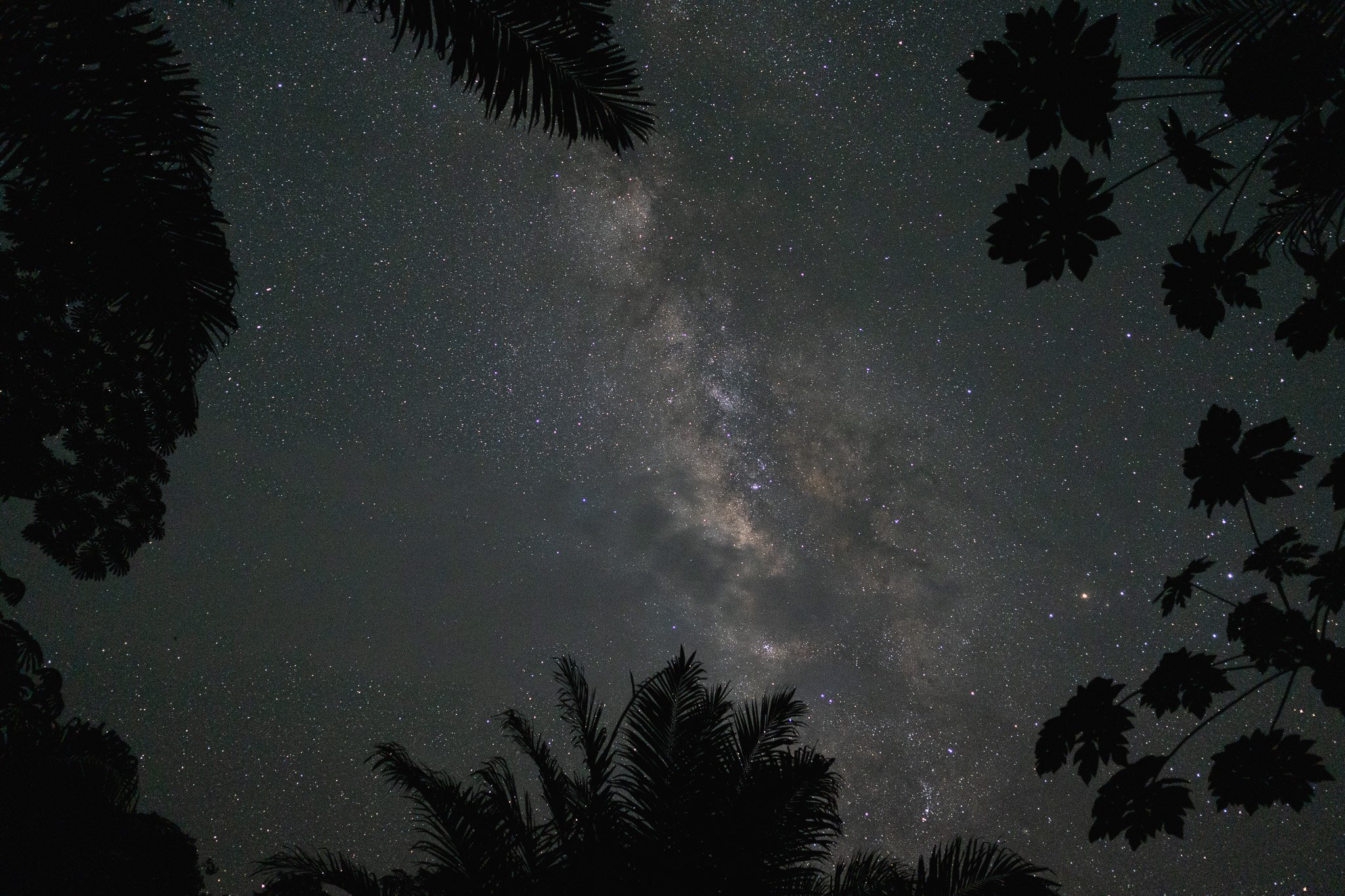Molongo: Searching for the BaYaka
Country: Republic of the Congo
Expedition support: Max Planck Institute for Evolutionary Anthropology

The Expedition
In 2022, our research team traveled to a remote corner of the forests of the Republic of the Congo to work with the local BaYaka and Bandongo people. The journey was aimed at arriving at the research site during the months in which both communities overlap in the village. However, due to the abundance of forest resources, the nomadic BaYaka did not appear that year. With our time running out, the only way to find them would be to travel deep inside the heart of the rainforest. Aided by a team of strong local assistants, we prepared for the weeks we would spend traveling across the forest, carrying the means for our survival on our backs. This is the story of that journey.

The BaYaka
The BaYaka are one of about 20 different groups of hunter-gatherers living nowadays in the Congo river basin. These people are recognized amongst their farmer neighbors and by scientists as the first inhabitants of the forests of the Central African Republic and the Republic of the Congo.
Their neighbors praise them for their knowledge of medicine, the forest, and their skills as musicians. Regularly, the BaYaka are called by farmer communities to their villages to perform and guide traditional ceremonies while also engaging in economic activities with them. Aside from these occurrences, the BaYaka live in forest camps composed of small family units that may temporarily fuse with others while roaming across the rainforest.
For centuries, the BaYaka were erroneously called “Pigmies” (the name of an imaginary race of anthropomorphic creatures in constant war with cranes, described by Homer in the Iliad) and victims of discrimination, misunderstanding, and harmful romanticism that lasted until our days.
Their nomadic lifestyle, egalitarian and peaceful culture, and hunting and gathering traditions had led many Westerners to perceive these people as “relics from the past.” Crystalized examples of what humanity once was.
That could not be further away from reality. The BaYaka, and many other cultures worldwide, change and adapt. They are, like us, XXI century people: modern humans with modern preoccupations. Their lifestyle and culture are not fossilized examples of how humans in the past behaved. They only represent meaningful ways for humans to interact with their environments today.

To enter the KSK (Kommando Spezialkräfte), the German army’s special forces military command, soldiers must complete a 3km run in under 12 minutes. However, in rainforest environments, where the distance of sight can be reduced to only 50 meters, aspiring units are allowed to cover the same distance in 6 - 8 hours (which means that a 450m walk has the same intensity as a 9k run).
During our two weeks expedition, we covered around 54km (half of the days were spent working in the camp with the BaYaka) while carrying 40kg backpacks with our provisions, gear, shelter, and scientific tools. We needed to cross swamps in waist-deep water to move between forest camps, balance over trunks, bend below trees, crawl between vines, and run over armies of fire-ants. These feats did not make us soldiers but told volumes about the tenacity of our scientific team and the lengths humans are willing to go to understand our world.

Most of our hiking days were a difficult (but rewarding) walk through swamps.

Life at camp is straightforward: Arrive, meet with the community, set up camp, collect water, cook, eat, work with the BaYaka, and sleep. There are moments to relax, take in the experience, and observe while people’s daily routines unravel.

After two grueling weeks, the team emerged from the forest. We successfully collected the necessary data to help us understand the BaYaka people's livelihoods and, to some extent, reveal a slice of humanity. This was one of the most challenging and rewarding expeditions I took part in.




